Our research and research groups

The department of Information and Communications Engineering has strong competence in ICT. Our research and teaching span from ICT technology to core electrical engineering and its basic phenomena.
The department carries out research in the areas of Fundamentals of Information and Communications Engineering, Human-centric Technology, and Communications and Networked Systems.
We educate future experts and leaders in all degree levels: Bachelor, Master, and Doctoral. The department of Information and Communications Engineering has a leading edge and internationally competitive research infrastructure that is consistently expanded and developed on our Otaniemi campus.
Human-centric Technology
This research area concentrates on technology aiming to augment human capabilities and assist them in everyday activities. We address this goal by studying, e.g., methods for computational design, speech interaction, audiovisual headsets, spatial sound, and wearable computing. Our research teams study human perception to create better algorithms to model and simulate human behavior. Our research is seeking sustainable solutions for global grand challenges.
Human-centric technology consists of three major research areas: Acoustics and Audio Technology, Speech and Language Technology and Interactive Systems / pervasive computing.
Application areas include AI-optimised user interfaces, AR/VR technology, spatial sound capturing and rendering, audio and music processing, as well as automatic speech recognition, understanding, and production, not to forget speech privacy.
Teaching
We contribute to teaching in the following Aalto University majors:
Two Bachelor's majors:
• Information Technology (in Finnish)
• Engineering Psychology (in Finnish)
Five majors in the Computer, Communication and Information Sciences Master's Programme:
- Acoustics and Audio Technology
- Speech and Language Technology
- Communications Engineering
- Human-Computer Interaction
- Signal Processing and Data Science
Research groups
Speech communication technology
Professor Paavo Alku

Speech recognition
Professor Mikko Kurimo
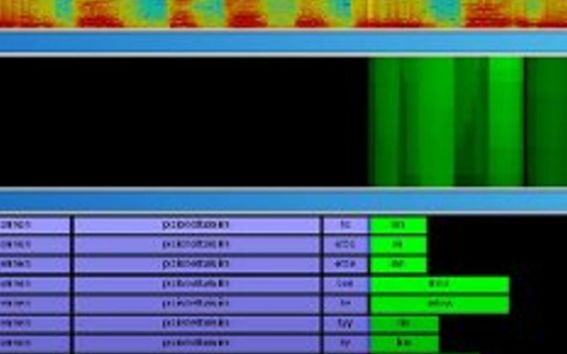
Speech Interaction Technology
Professor Tom Bäckström

Virtual Acoustics
Professor Tapio Lokki

Communication acoustics: spatial sound and psychoacoustics
Professor Ville Pulkki

Audio signal processing
Professor Vesa Välimäki
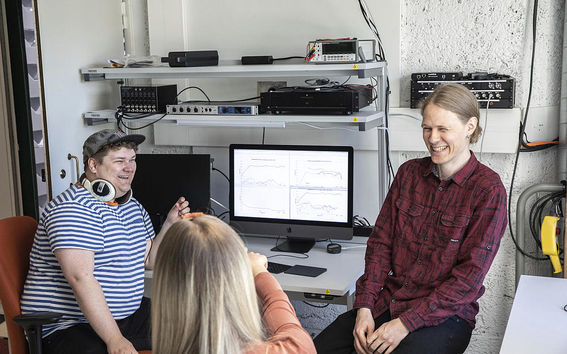
Technical Psychoacoustics
Professor Johannes M. Arend

Mobile Cloud Computing
Professor Yu Xiao

Ambient Intelligence
Professor Stephan Sigg
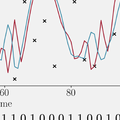
Human Computer Interaction
Professor Antti Oulasvirta
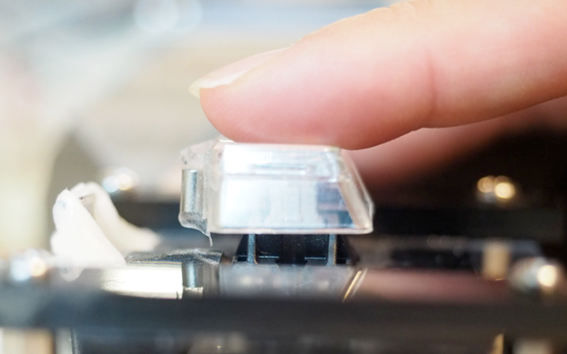
Speech Synthesis
Professor Lauri Juvela

Communications and Networked Systems
Our research supports solving societal grand challenges and our work supports several UN sustainable development goals. We are particularly active in areas of sustainable ICT, resilience and cyber-security, ‘industry & innovation & infrastructure solutions’, and ‘equal & universal access’ towards high-speed connectivity. The unifying theme in the research area is taking a broad perspective on communications architectures and systems. The research area takes particular pride in that we also deploy and develop hardware and software implementations.
Our research has contributed to all major generations of cellular communication systems, Wi-Fi development, wireless internet, IoT, and sensor networking. There are several successful spin-offs that have originated from the research area. Our practical impact is also shown by numerous contributions to standardisation, e.g. in IETF, 3GPP and ISO. Members of our research area are also sought out experts in regulatory and policy affairs.
We approach the problem domain in a multi-disciplinary fashion employing experimentation, testbeds, simulations, and theory. Our research aims to develop and validate overall systems so that our solutions can be eventually deployed to real systems so that they generate maximum impact. The research groups working in the research area cover all protocol stack levels, including prior ground-breaking work on Physical Layer, Media Access, and Internet Scale Technologies.
Teaching
We contribute to teaching in the following majors of the Master's Programme in Computer, Communication and Information Sciences:
Research groups
Internet technologies
Professor Jukka Manner
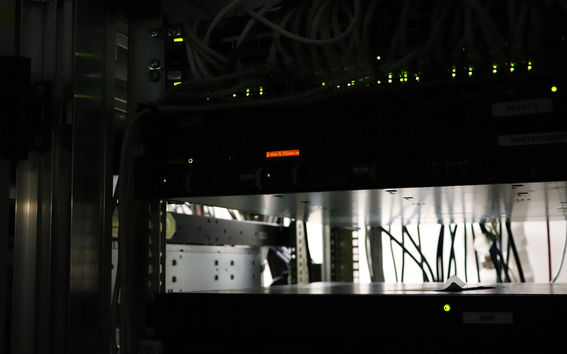
Communications Engineering
Professor Riku Jäntti
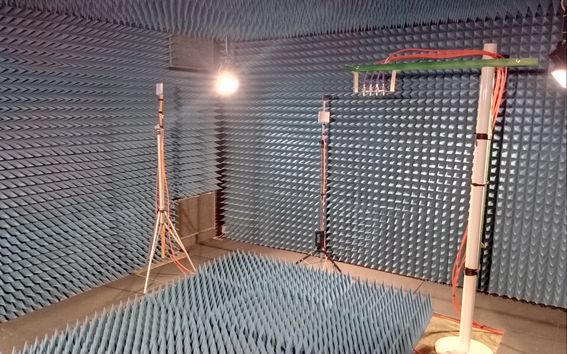
Performance Analysis
Dr. Samuli Aalto
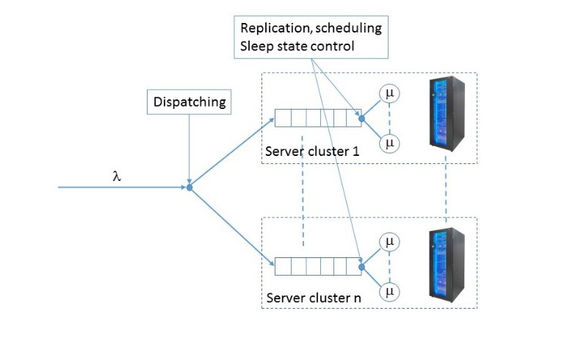
Cloud and Network Computing
Professor Gopika Premsankar

Fundamentals of Information and Communications Engineering
Our research has contributed to the specifications of several generations of wireless communication systems. Our students find research and development positions in industry, work as experts and researchers in the public sector and in research centers, pursue a career in academia, or join startups. We have extensive international research collaboration among world-leading research universities and institutes.
We focus on fundamental methods in adaptive systems, communication theory, detection and estimation theory, measurement science and technology, networks theory, and signal processing supported by the fields of data science, discrete mathematics, information theory, machine learning and optimisation theory.
The applications cover all kinds of wireless systems, transmitting and receiving, from the physical layer to the data link layer, and our research is also applied to develop novel network architectures and energy-efficient solutions. Estimation of reliability and uncertainty of measurement results play an essential role in applications. Moreover, we focus on sensor systems where the physical world and information meet, including radars, large-scale sensor networks, and the internet of things.
Teaching
We contribute to teaching in the following majors of the Master's Programme in Computer, Communication and Information Sciences:
- Communications Engineering
- Signal Processing and Data Science
- Machine Learning, Data Science and Artificial Intelligence
Within information and communication theory, we work on, e.g. design of error-correcting codes, random matrices, multiuser multi-antenna systems, interference management, physical layer security, caching and resource allocations in wireless systems and vehicular networks, wireless networked control systems, non-terrestrial networks, flexible spectrum use, resource allocation, and optimisation algorithms.
In signal processing, we work on multiantenna and multisensor systems, transceiver algorithms, advanced radar, distributed sensing and sensor networks, integrated sensing and communications, intelligent reflective surfaces, visible light communications, defense, and security applications, localisation, cyber-physical systems, biosignal processing, biomedical imaging, sensor data fusion, statistical learning and inference, estimation and detection algorithms, advanced optimisation methods, ML/AI-based signal processing and control algorithms and machine learning for radio frequencies.
In measurement science and technology, we work in improving the reliability of measurement results, especially related to characterisation of light source properties, of light detector sensitivities, and of optical properties materials.
Research groups
Information Theory
Professor Patric Östergård

Wireless & Mobile Communications
Professor Jyri Hämäläinen

Communications Theory
Professor Olav Tirkkonen
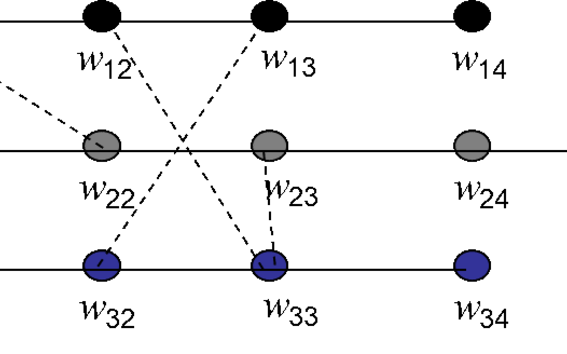
Wireless Signal Processing
Professor Risto Wichman
Signal processing
Professors Elvander, Koivunen, Ollila, Vorobyov
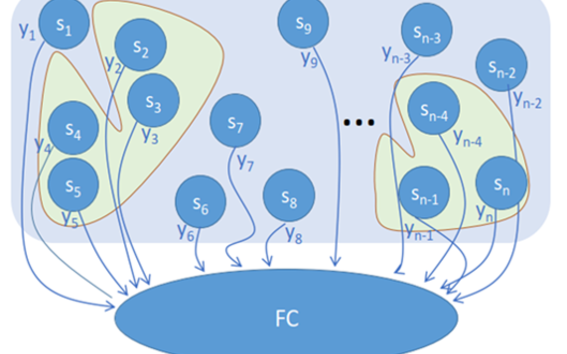
Structured and Stochastic Modeling
Professor Filip Elvander







